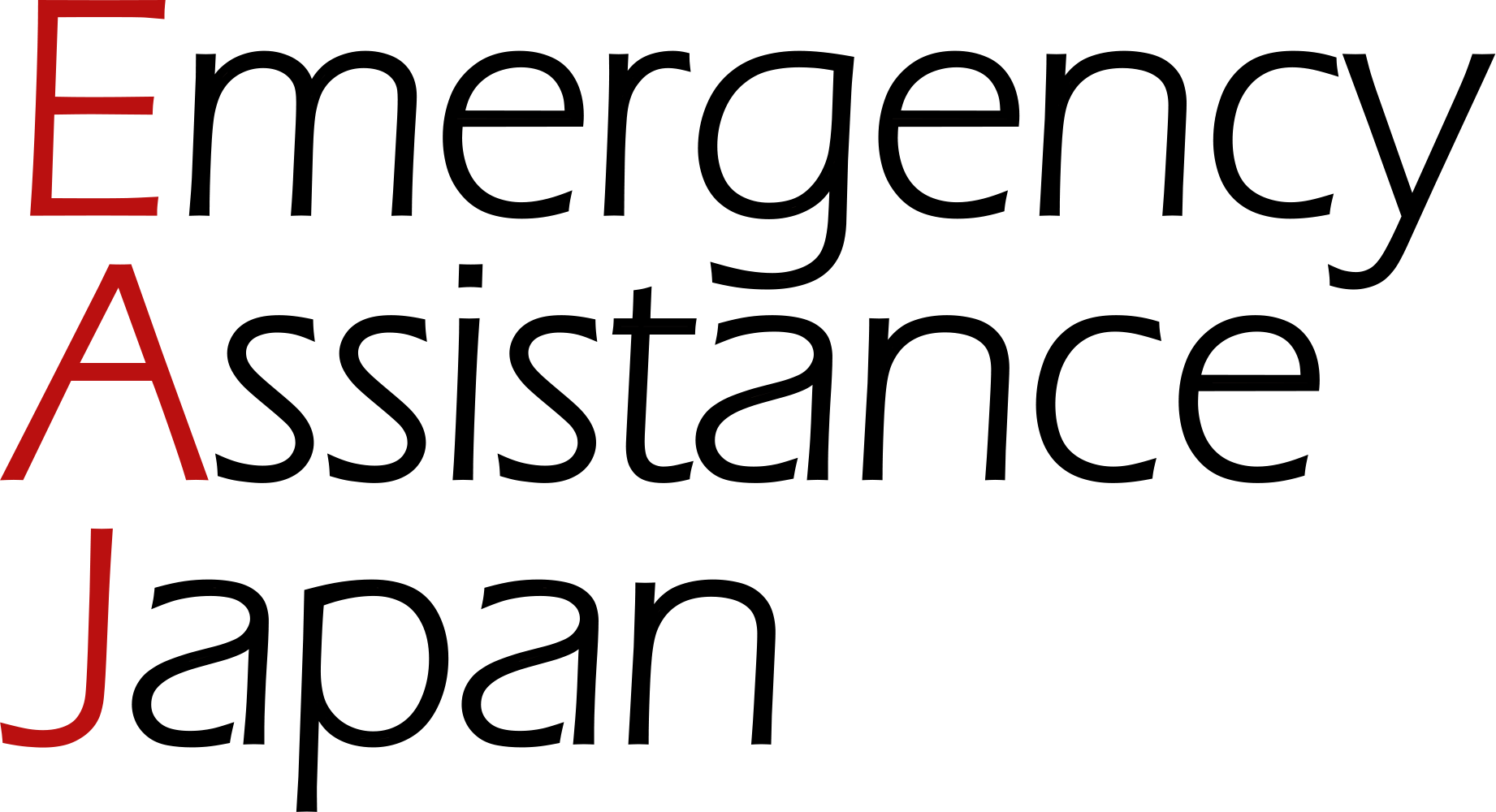Treatment(Immunotherapy)
- HOME
- Cancer(Treatment)
- Treatment(Immunotherapy)
- Immunotherapy for Cancer
Immunotherapy for Cancer
23.09.29
While conventional cancer therapies target cancer cells, immunotherapy turns them into powerful allies in the fight against cancer cells by activating the natural immune response to identify and eliminate them. This is expected to increase the attack on cancer cells and prevent cancer growth and metastasis.
Immunotherapy can have a lasting effect and may achieve long-term control or complete remission of cancer for some patients. In addition, the side effects of immunotherapy are generally milder than those of other cancer therapies and may include less common side effects such as nausea and hair loss. However, it can cause autoimmune reactions, which must be managed appropriately.
・Immunotherapy in Japan:
Immunotherapy for cancer is widely used in Japan. Some of the major immunotherapies are introduced below.
・PD-1/PD-L1 Inhibitors:
Drugs that target proteins called PD-1 and PD-L1 are used in the treatment of some cancers. These drugs block immune checkpoints and enhance the ability of T cells to attack cancer cells.
・CTL-019 Therapy:
A form of CAR-T cell therapy in which T cells targeting specific cancer cells are grown outside the body and redistributed to the patient.
・Cancer Vaccines:
Cancer vaccines are used to stimulate an immune response against cancer cells. Clinical trials of cancer vaccines are underway in Japan, particularly for the treatment of stomach cancer.
